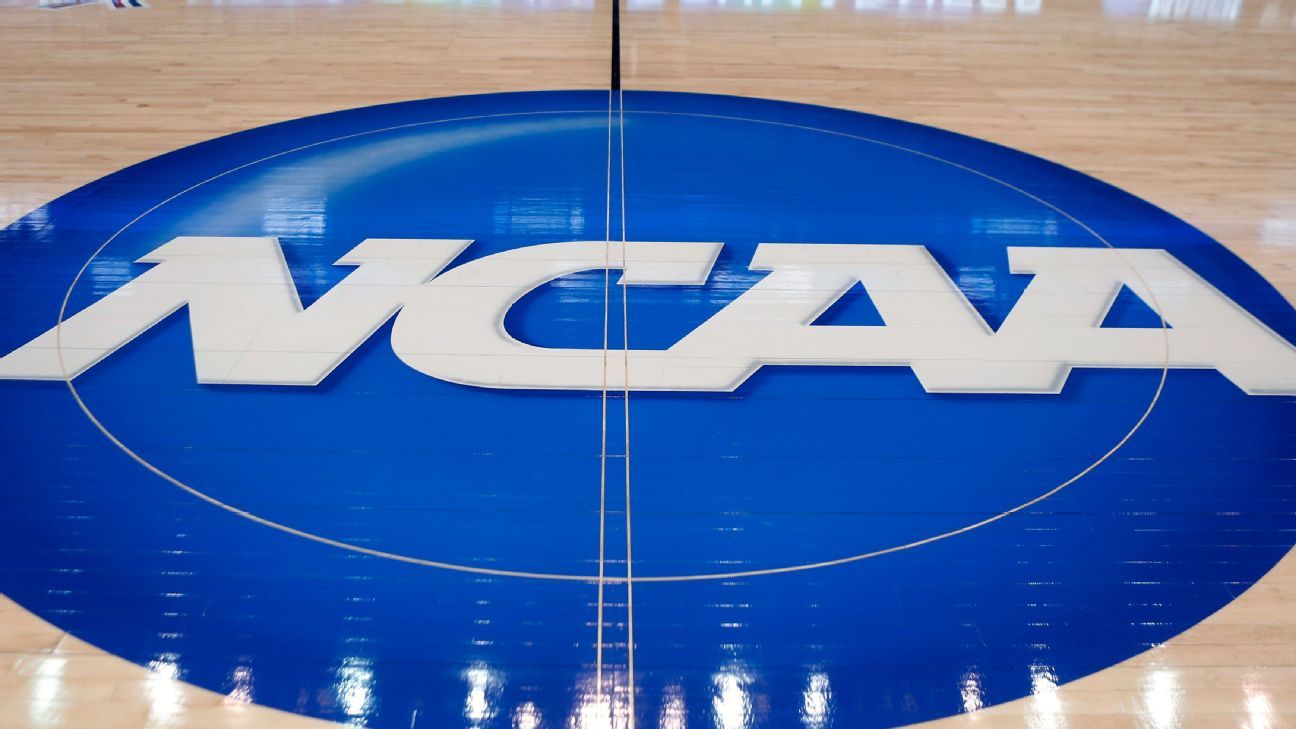The NCAA Division I Council could adopt emergency legislation this month for a new transfer rule that would allow all undergraduate athletes to transfer and play immediately if they meet specific academic requirements, according to a report from The Athletic.
The proposed legislation would not limit the number of times an athlete can transfer, according to The Athletic, which first reported the story. Athletes would still have two transfer windows and wouldn’t be able to transfer mid-year and play for a second school in the same season.
In December, the NCAA proposed this policy in reaction to a West Virginia judge’s ruling that intended to stop the organization from enforcing its bylaw barring athletes from transferring multiple times and playing right way. The NCAA agreed to terms on a preliminary injunction that runs through at least the end of the academic year.
Previously, the NCAA’s one-time transfer rule allowed athletes to play immediately at the first school they transferred to, but then they had to sit out a year if they transferred again – or apply to the NCAA for a waiver to compete immediately. In January, the U.S. Department of Justice joined the lawsuit against the NCAA’s transfer rules, which argues the limitations on transfers violate antitrust law.
According to the amended complaint for injunctive relief, filed in January, the NCAA’s transfer bylaw “unjustifiably restrains the ability of these college athletes to engage in the market for their labor as NCAA Division I college athletes.”
The Division I Council’s next meeting is April 17-18.
